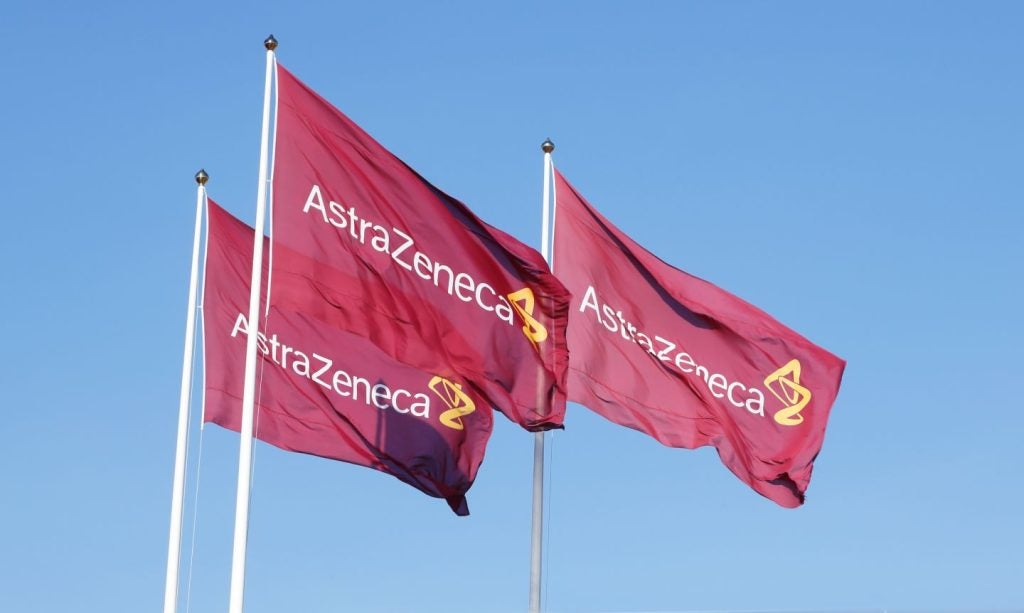The Japanese Ministry of Health, Labour and Welfare (MHLW) has approved AstraZeneca's Truqap (capivasertib) plus Faslodex (fulvestrant) for a specific type of breast cancer.
The approval is for unresectable or recurrent phosphatidylinositol-4,5-bisphosphate 3-kinase catalytic subunit alpha, AKT serine/threonine kinase 1 or phosphatase and tensin homolog-altered hormone receptor-positive human epidermal growth factor receptor 2-negative breast cancer.
The combination is intended for adults who have progressed following endocrine therapy.
Truqap is an adenosine triphosphate-competitive inhibitor while Faslodex is an endocrine therapy.
The latest approval was based on data from the randomised, double-blind, global CAPItello-291 Phase III clinical trial in 708 adult patients.
This trial assessed the efficacy of Truqap plus Faslodex compared to placebo plus Faslodex.
Progression-free survival in the overall trial population and subjects with PI3K/AKT pathway alterations were the trial's dual primary endpoints.
Results from the trial showed that Truqap plus Faslodex halved disease progression and mortality risk.
The safety profile of the combination regimen was consistent with previous studies.
Truqap’s discovery by AstraZeneca followed a partnership with Astex Therapeutics, which now stands to receive milestone payments and royalties from product sales in Japan.
Regulatory reviews are ongoing in regions, including China and the European Union, with the combination already approved in the US and other countries.
AstraZeneca oncology business unit executive vice-president Dave Fredrickson stated: “Breast cancer is the most common cancer among women in Japan, and innovative new treatment options are urgently needed.
“The approval of Truqap, a first-in-class AKT-inhibitor, represents a significant step forward for HR-positive breast cancer treatment and an important new option for approximately 50% of patients who have tumours with these specific mutations or alterations.”
The MHLW has also approved AstraZeneca and Sanofi's Beyfortus, a long-acting monoclonal antibody for the prevention and prophylaxis of respiratory syncytial virus-linked lower respiratory tract disease in neonates, infants and children.
The latest development comes after AstraZeneca agreed to acquire Fusion Pharmaceuticals for $2.4bn to broaden its portfolio of radioconjugates.









